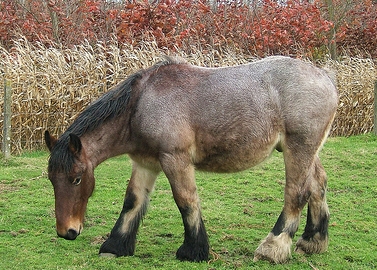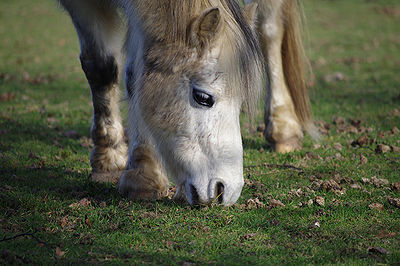Related Articles
Horse Limb Lacerations Care
Treating a seriously bleeding limb laceration will need your veterinarian’s care. But until the vet arrives, you may be able to do some triage. First try to stop the bleeding by applying pressure to the wound. Use a towel or a pressure bandage – a good item to keep in your horse’s emergency kit. Don’t […]
A “New” Old Medical Treatment
Do you remember hearing about those creatures called Leeches? Well, they’re making a comeback in the world of medicine. And they’ve been proven more effective and safer than some modern therapies for vascular problems, wound care, arthritis and inflammation. Medicinal leeching was used in ancient times and even up to the 19th century to treat […]
Grazing for Horses
Horses love grazing. When put out to pasture they graze for hours on end. But what’s the best way to maintain those grazing grasses? Rotational grazing is the answer, especially in seasons with little or no rainfall. Plant areas with warm season grasses such as Bermuda grass. Alfalfa has a deep root system and will […]


